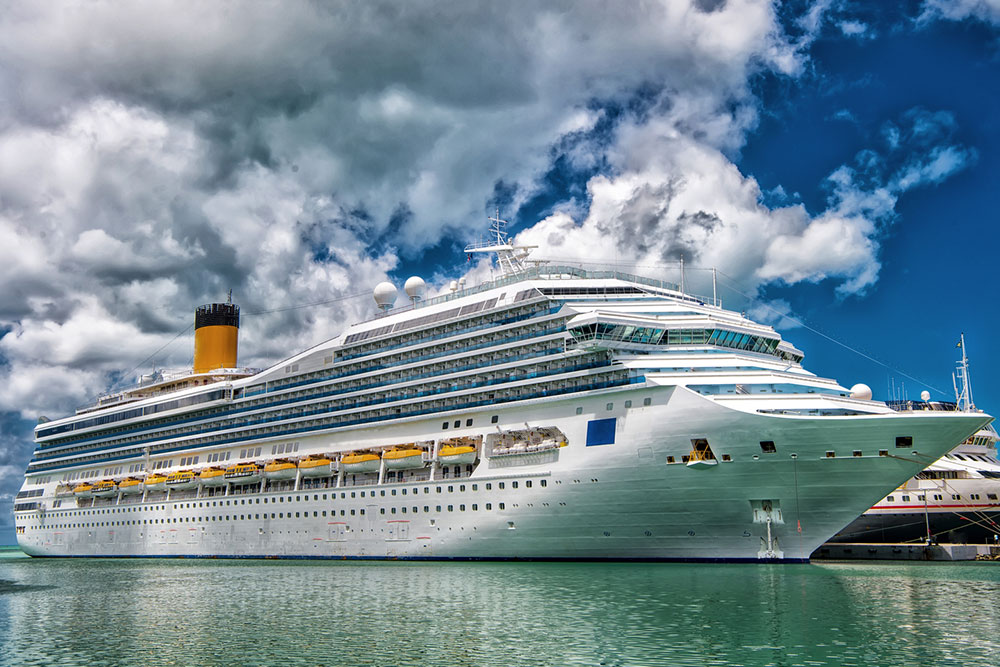6 types of cruises to avoid and why

Cruising is a well-sought-after recreational activity that can make any vacation experience memorable. However, not all cruise types may live up to one’s expectations, so it’s important to research beforehand, from location to pricing, customer service to cancellation policies. Any issues here can affect one’s overall experience and lead to wasted time and money. Here are some categories of cruises that should be actively avoided:
Cruises to avoid
1. Short cruises during spring break
Spring break is ideal for people, especially college kids, to flock to book cruises to common vacation spots like the Caribbean. This often makes the place chaotic, crowded, and noisy. Those wanting a more relaxing experience are best advised to travel in January and avoid party-centric cruise lines.
2. Mediterranean cruises in the middle of summer
If one books a Mediterranean cruise during the summer, one may be up for a rude awakening. It was not only hot during that time, but the port cities around the area also saw a grand influx of tourists clambering to book cruises. This can lead to crowds and an overall less enjoyable experience. One can instead take up months like May, June, August, and September for such travel to avoid crowds at ports.
3. Inaugural cruises
Inaugural cruises are untouched and often guarantee highly clean and hygienic interior spaces. But booking a brand new ship also means that the onboard staff, including entertainers and sailors, has yet to get used to the ship’s nuances, such as technological difficulties, boarding delays, and other practical issues. The repair, construction, or renovation work may persist at times.
4. Overcrowded routes
As popular as they may be, some cruise routes and schedules tend to get jam-packed and block the ocean view. With crowds onboard and at ports, one may struggle with getting one’s preferred activities, waiting in food lines, or even feeling claustrophobic. So it’s best to go for lesser-known travel routes and smaller ships for a more pleasant sea voyage.
5. Repositioning cruises
Repositioning cruises are the ones that travel only one way. These usually cross over the main Atlantic or Pacific oceans and have reasonable to low prices, but they may not be ideal for leisure time since they sail either at the start or end of a particular season. They also usually limit the time one can spend on deck and may not have the best activities or cruise at the most suitable time or weather conditions. So, one runs too many risks to try these out.
6. Cruises during the hurricane season
Common hurricane seasons from June to November, especially those headed to the Caribbean, are usually highly risky and often lead to delays at all times. Those wanting to travel during this time should get insurance and prepare for any issues, from transportation disruptions to itinerary changes.


